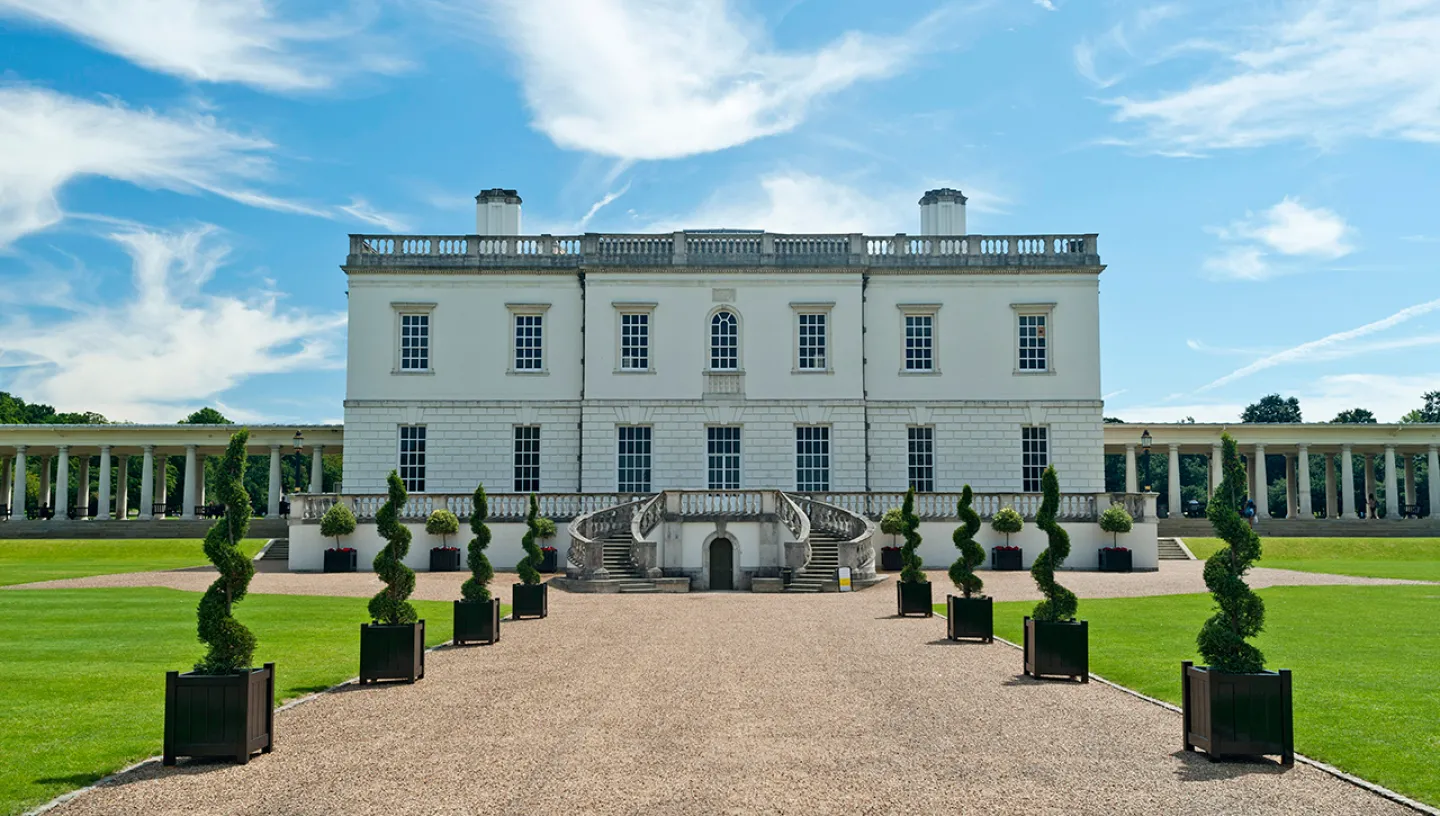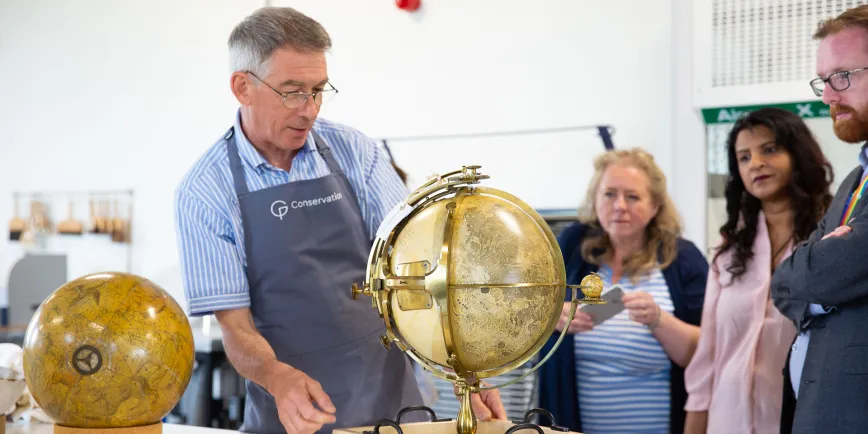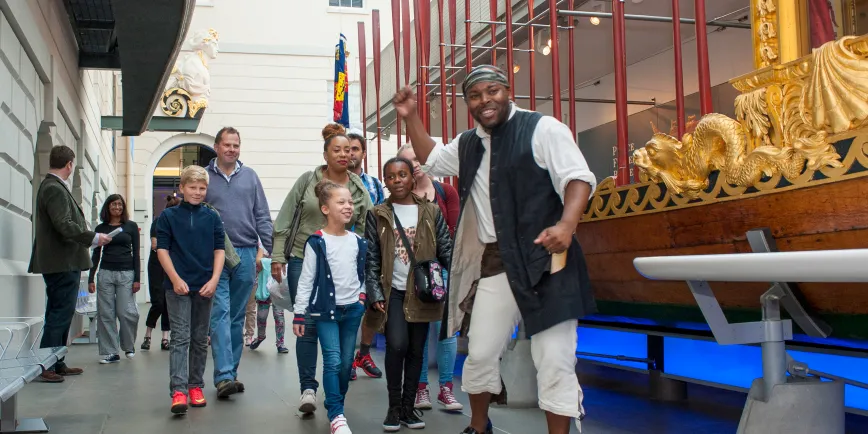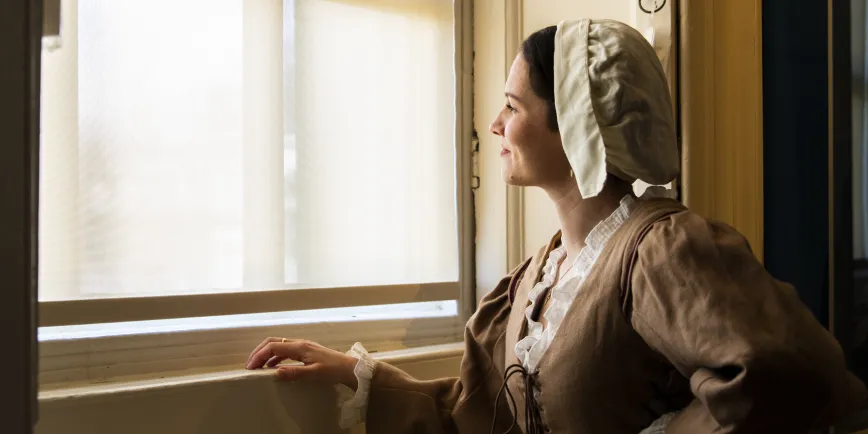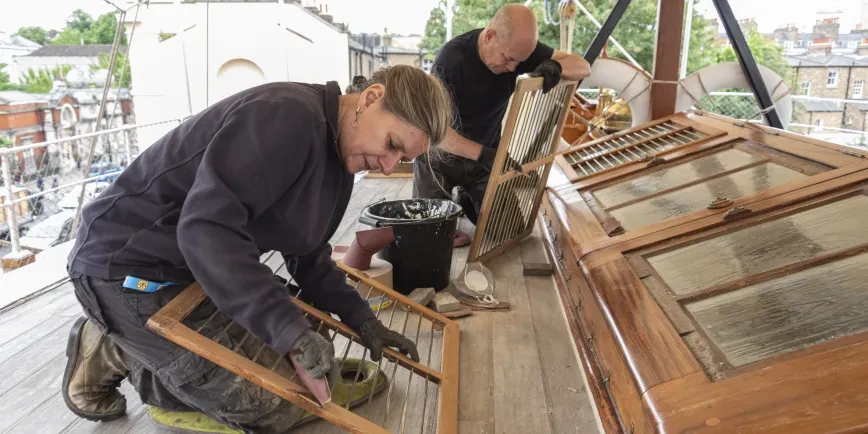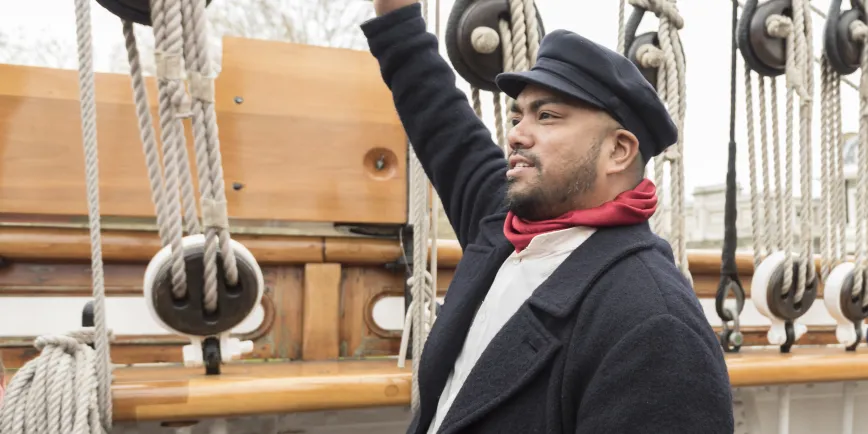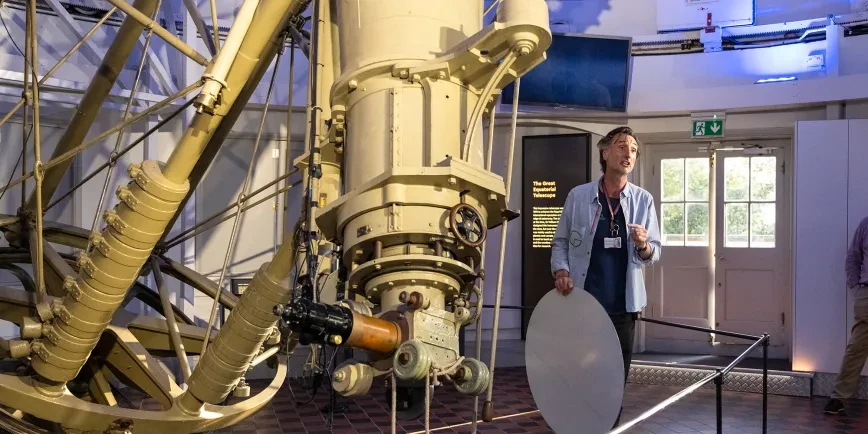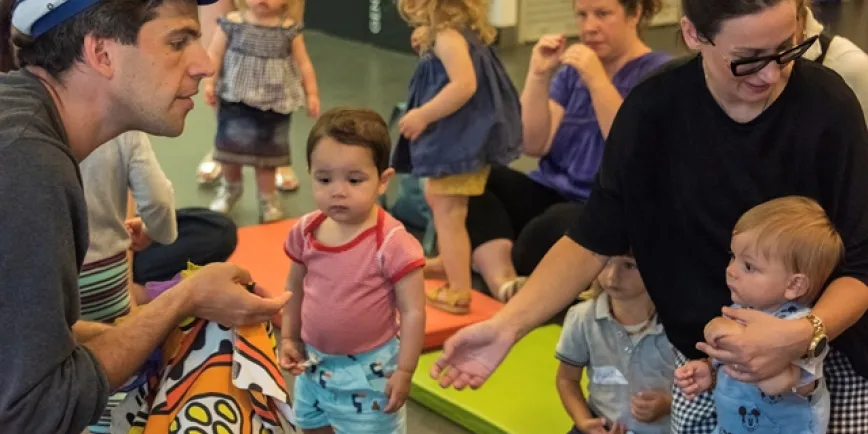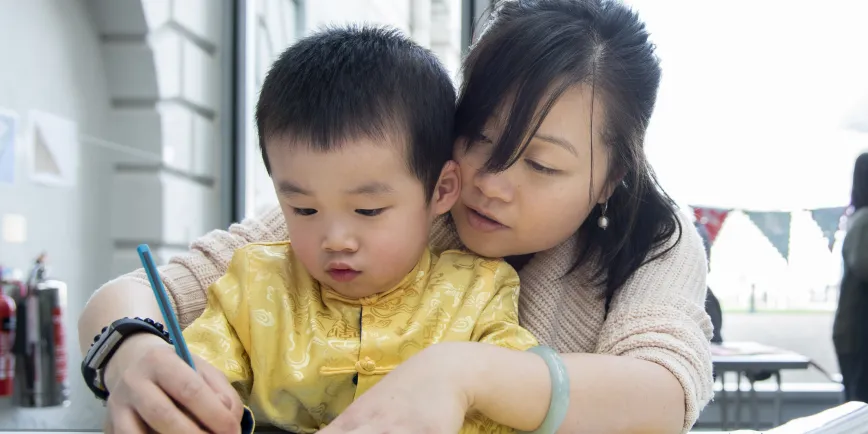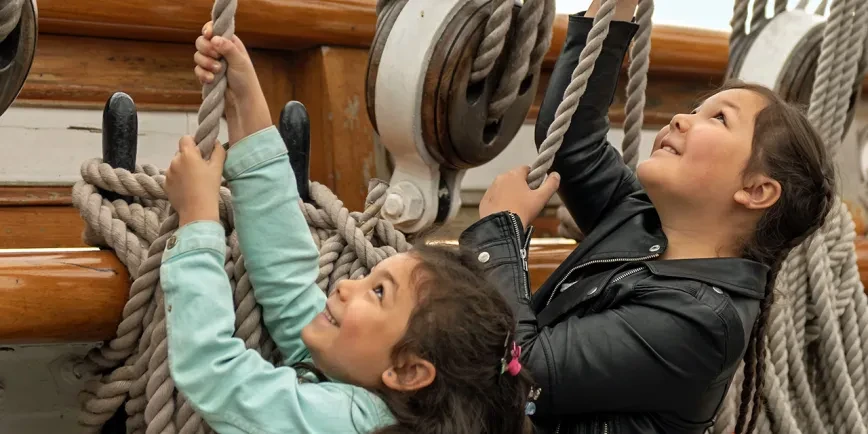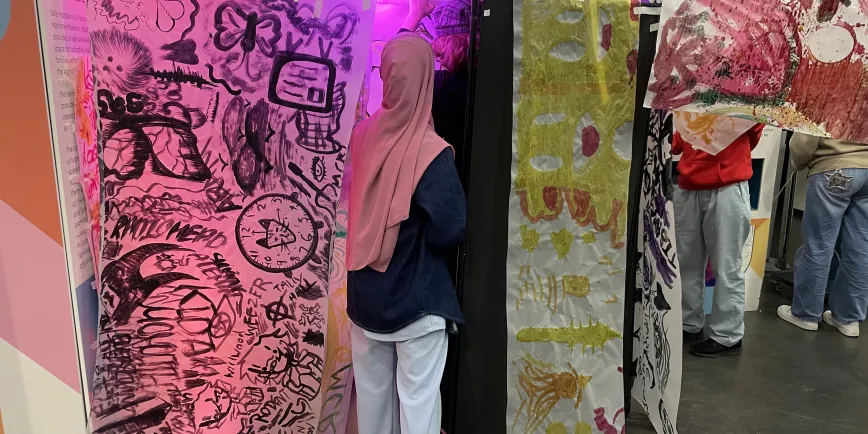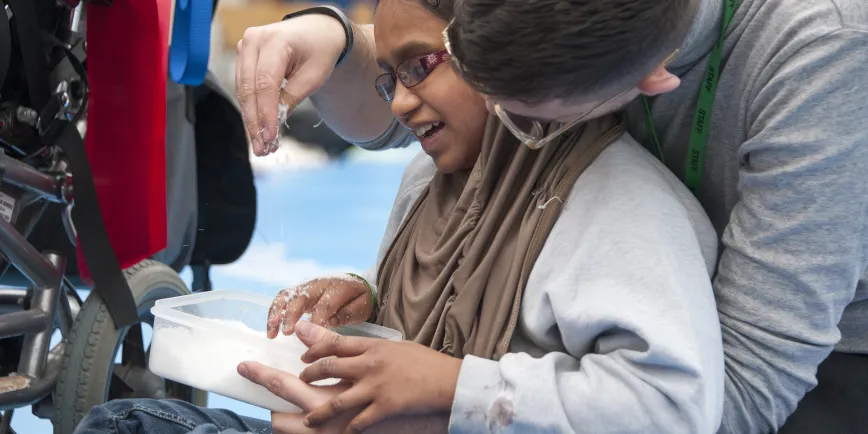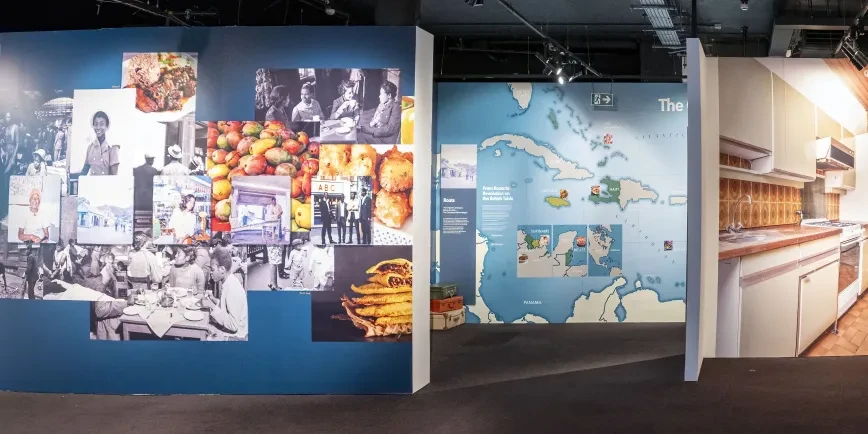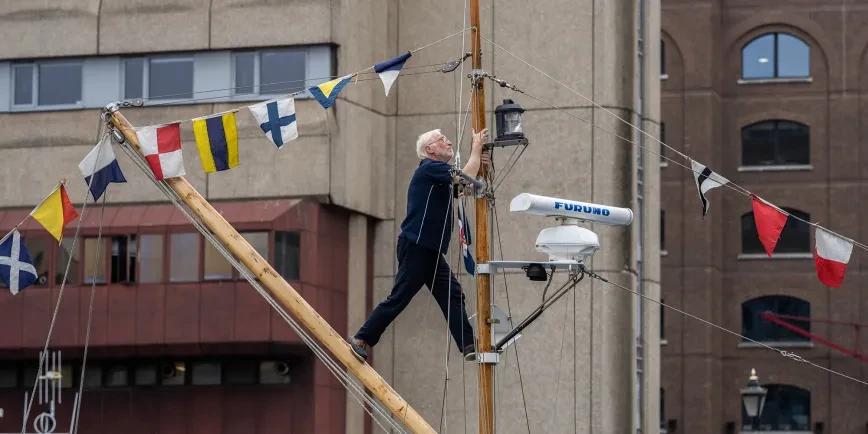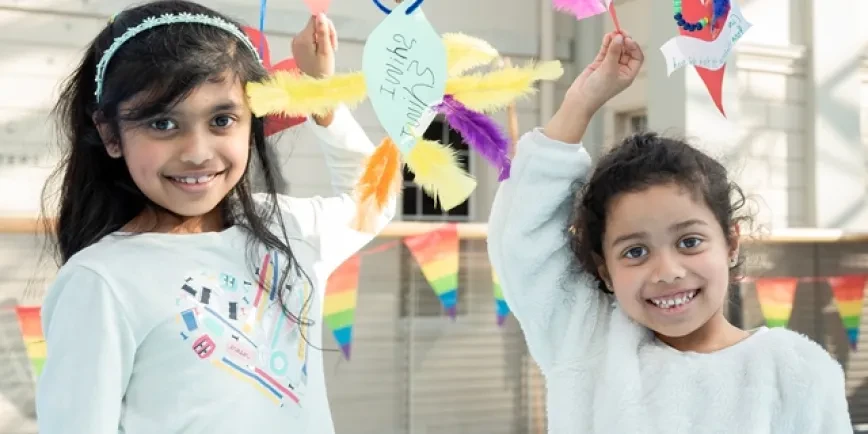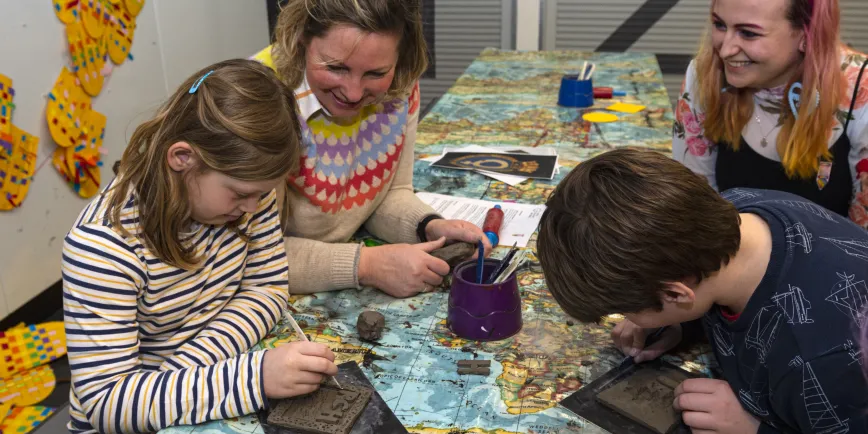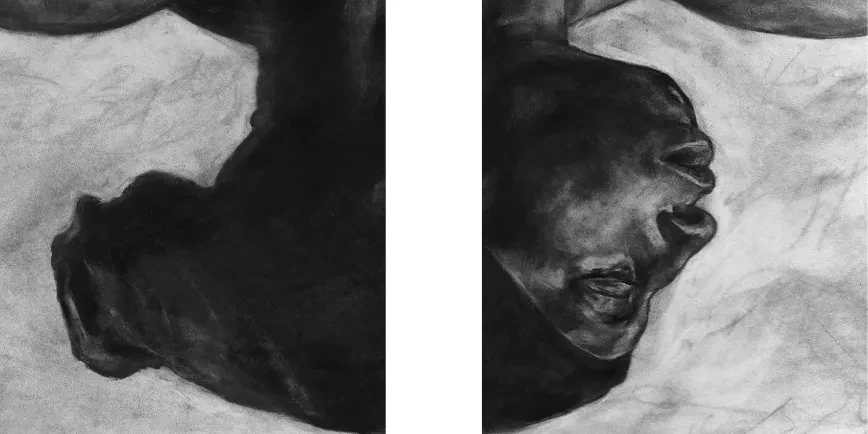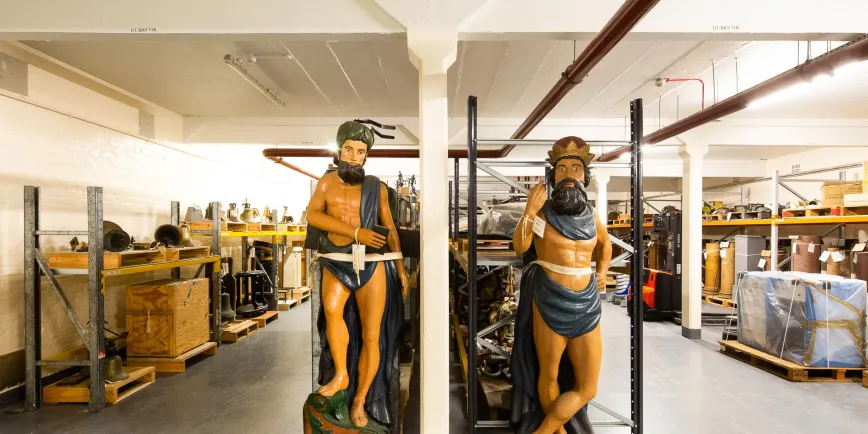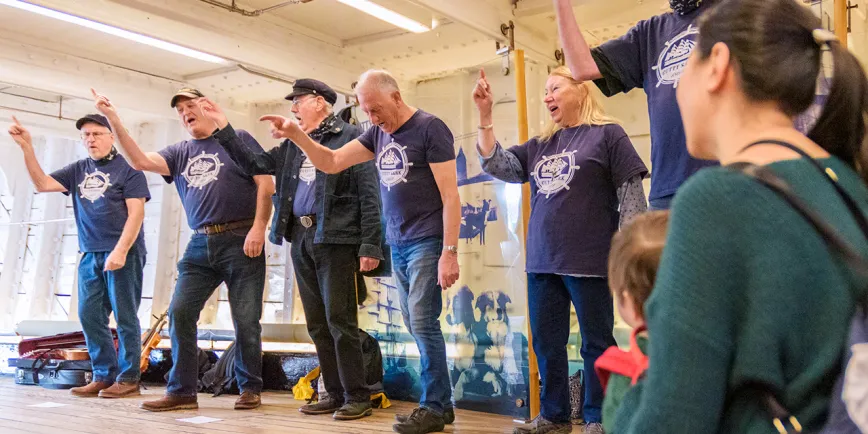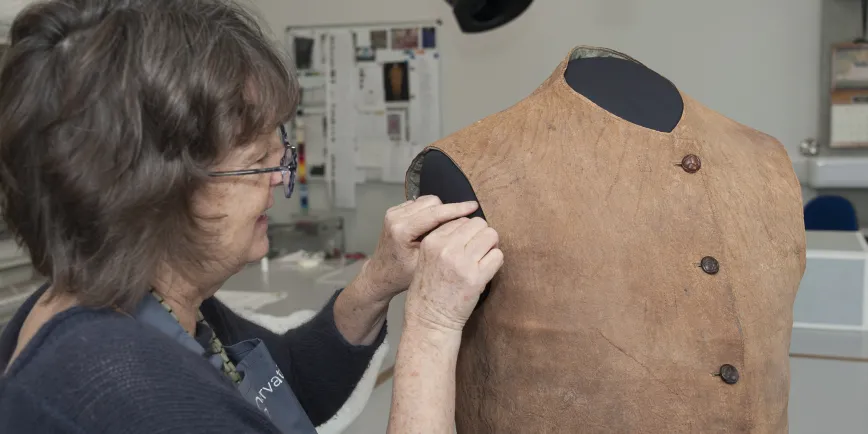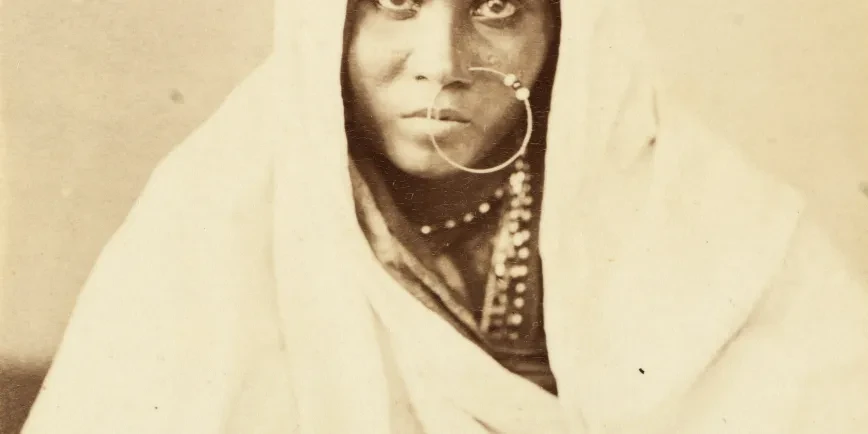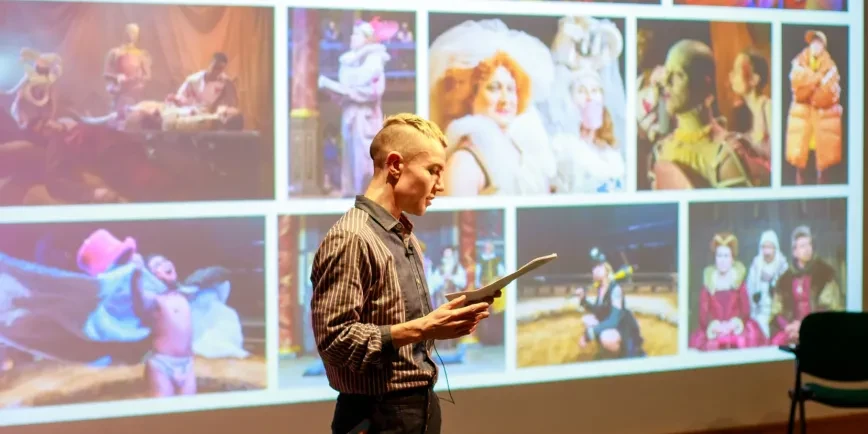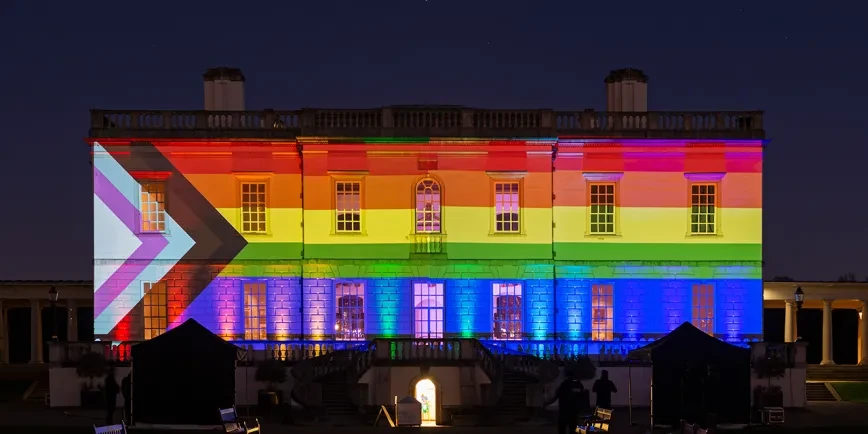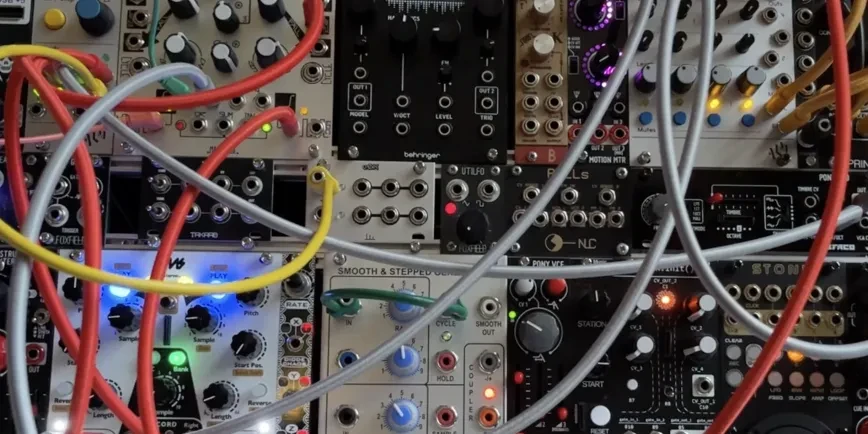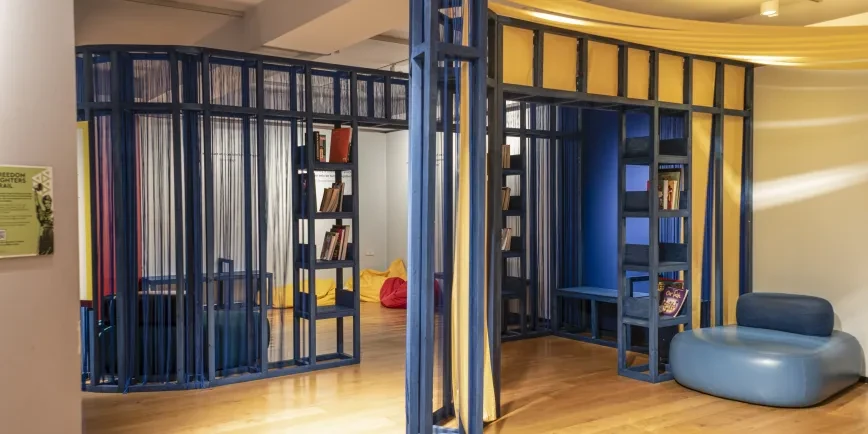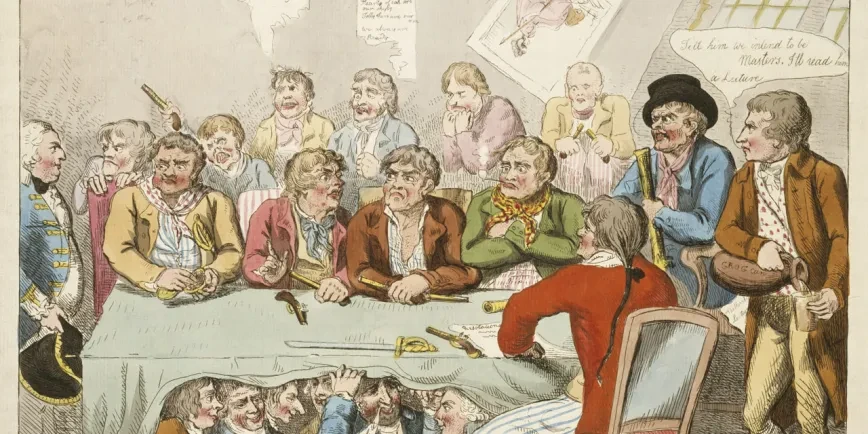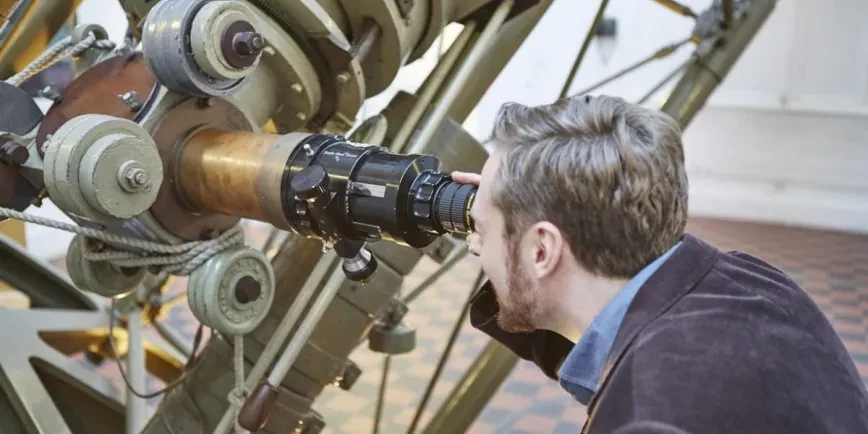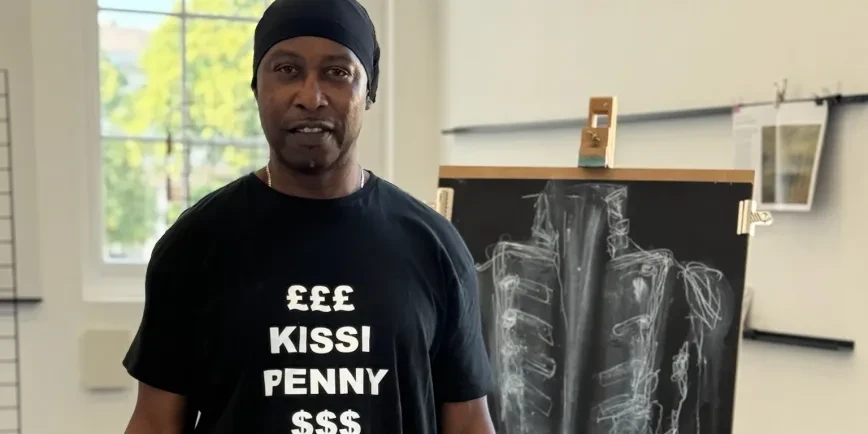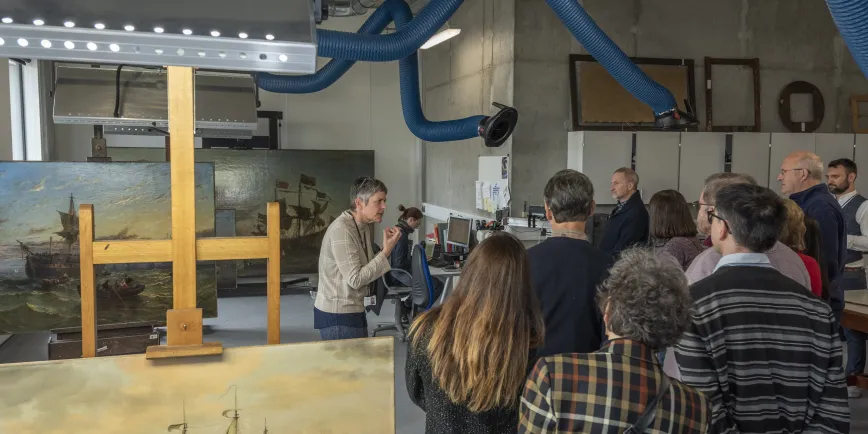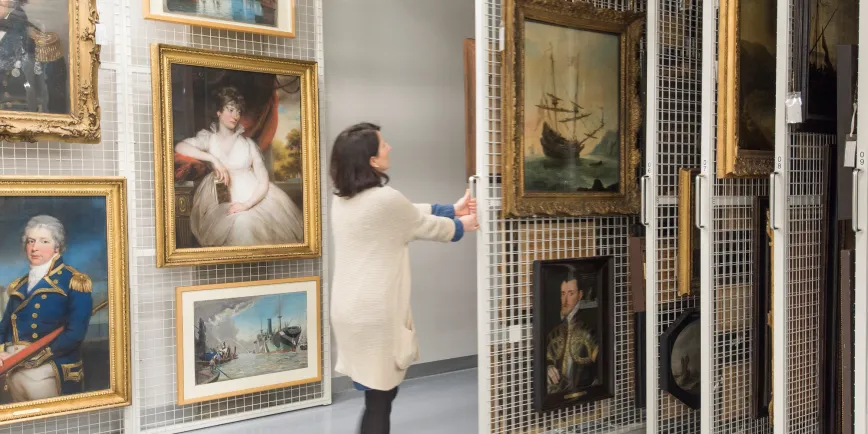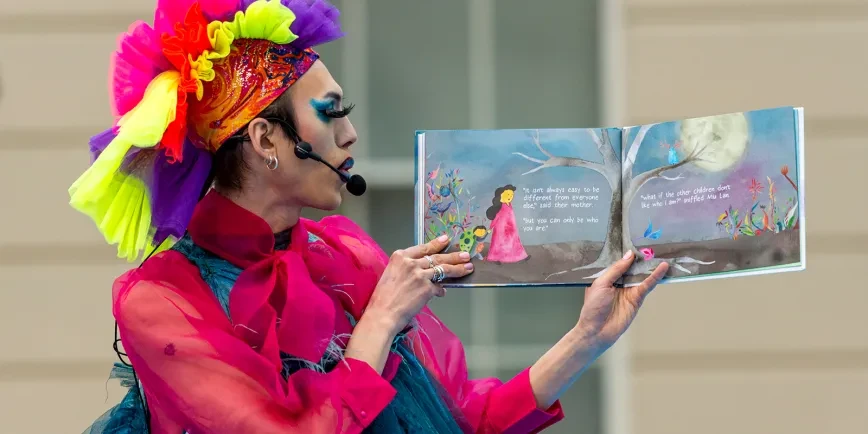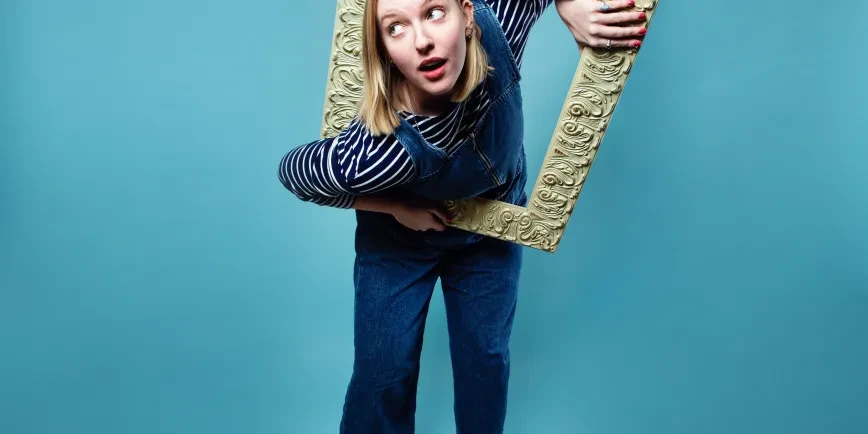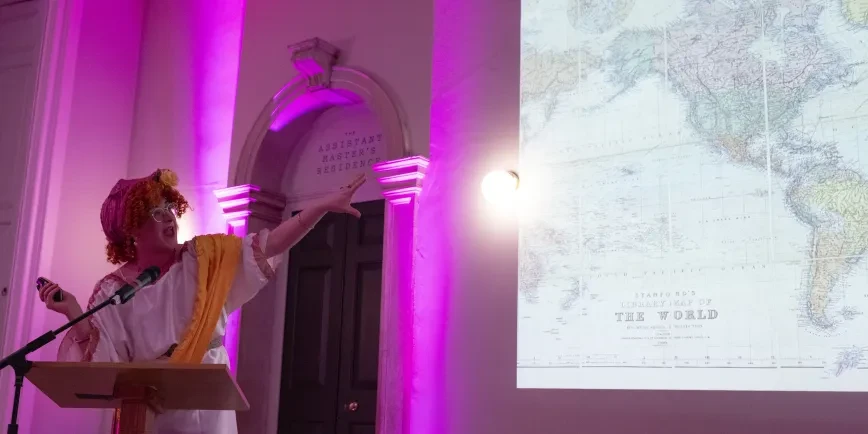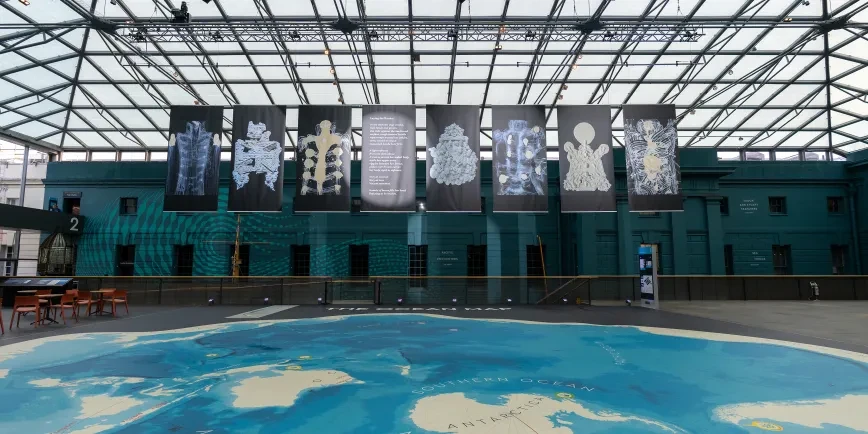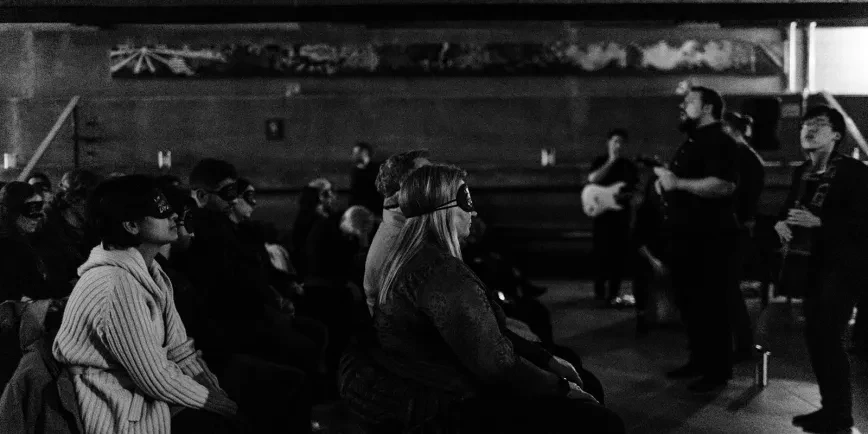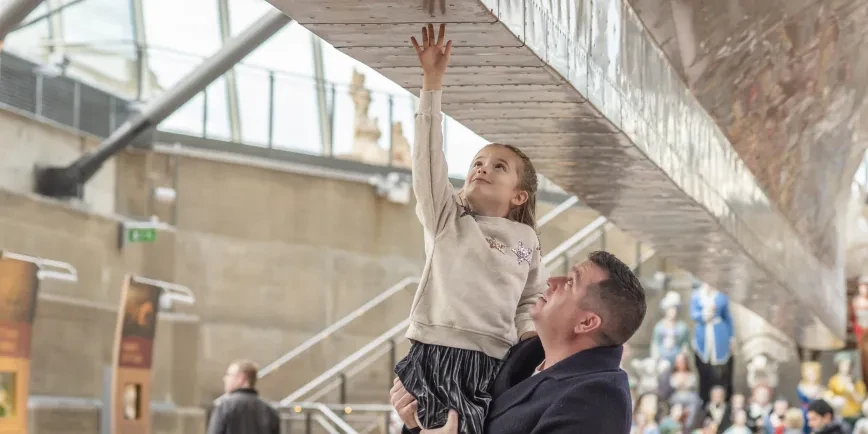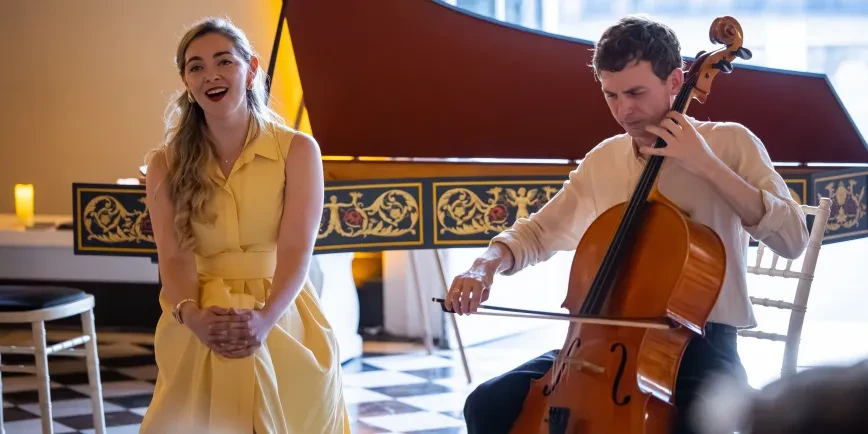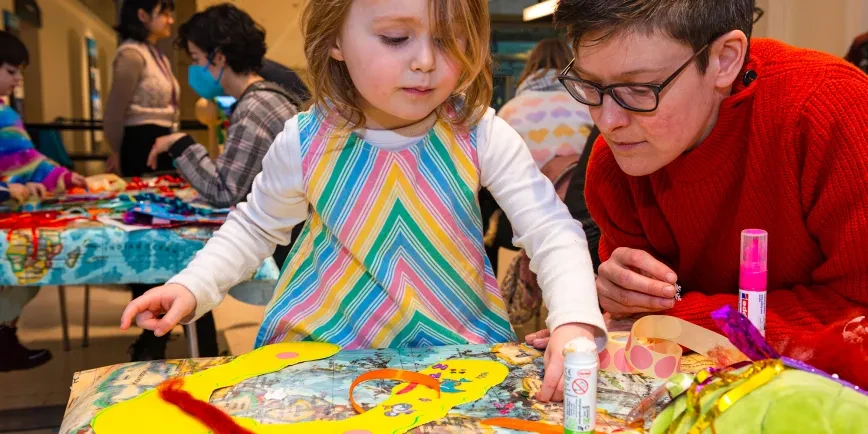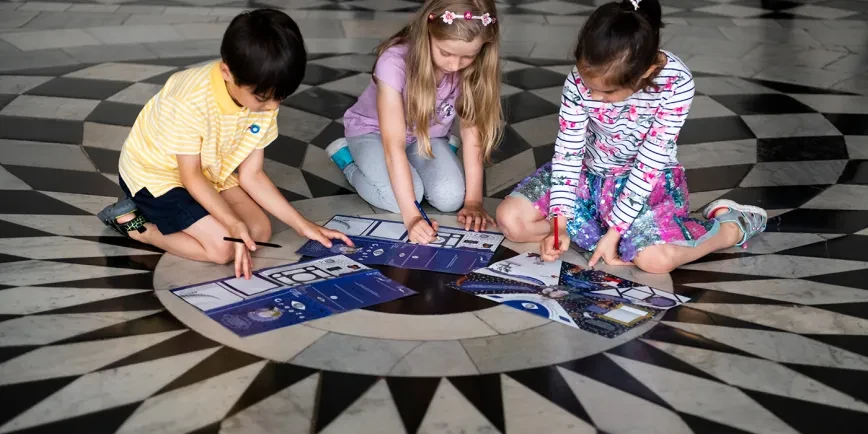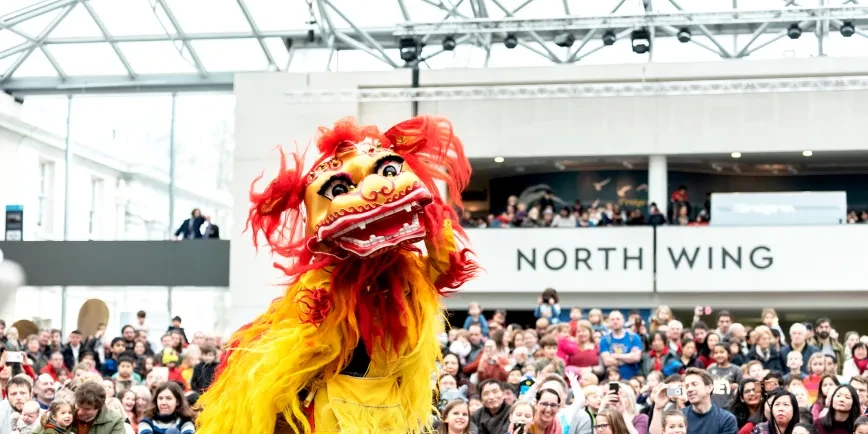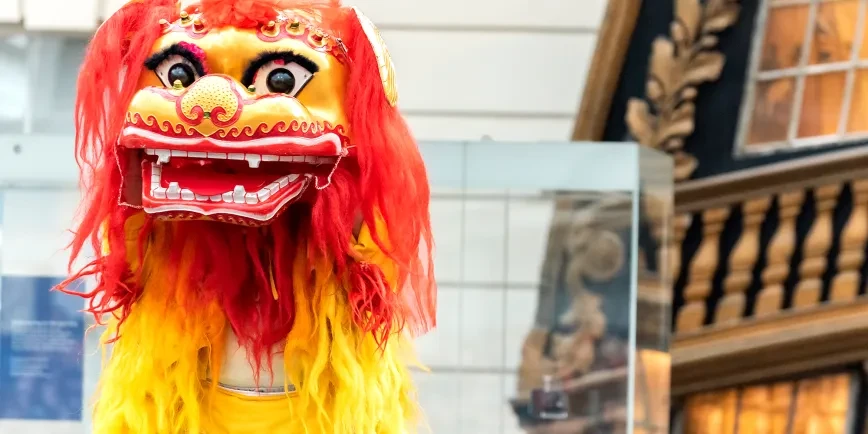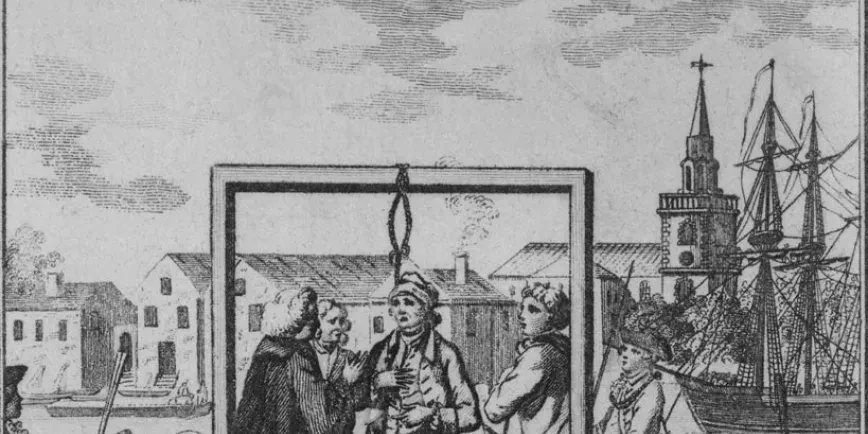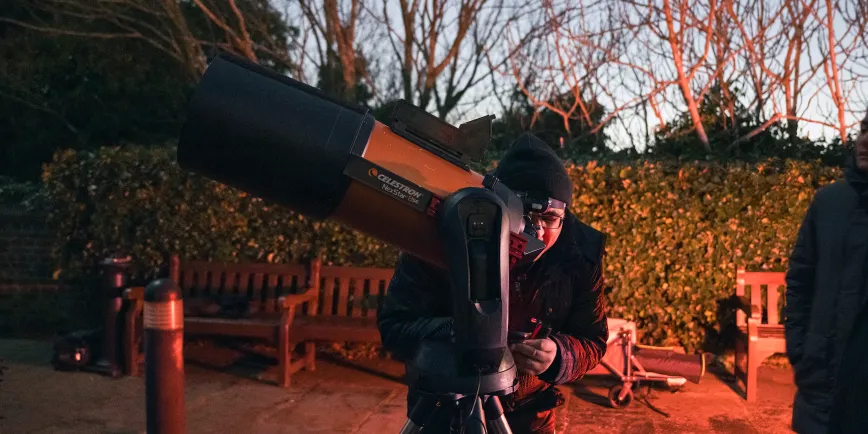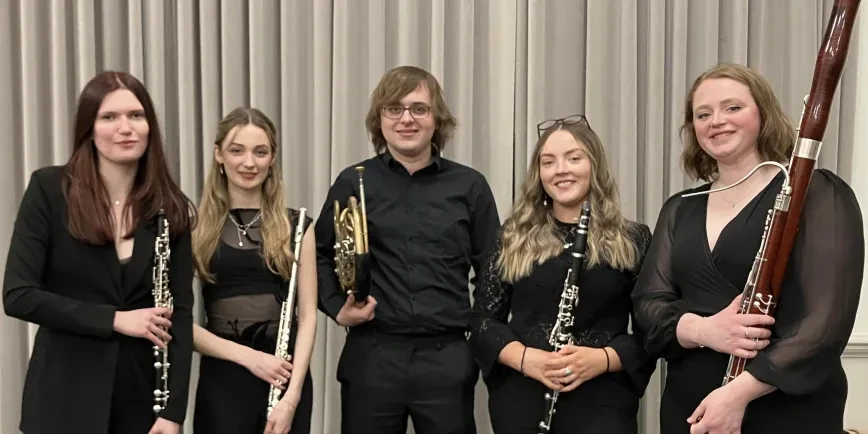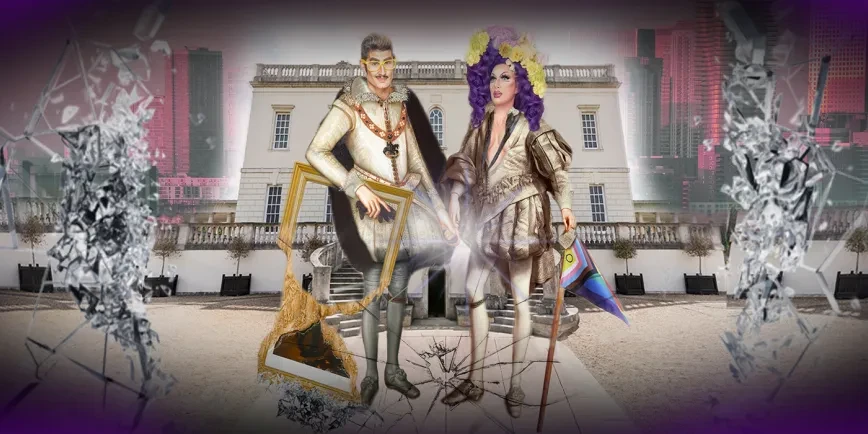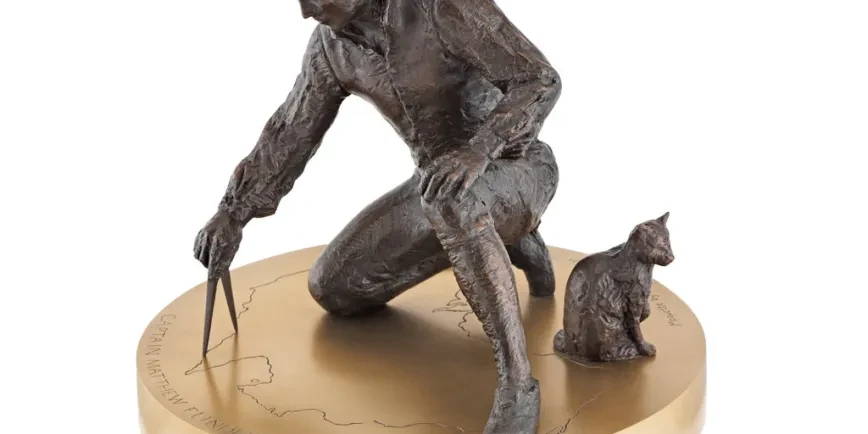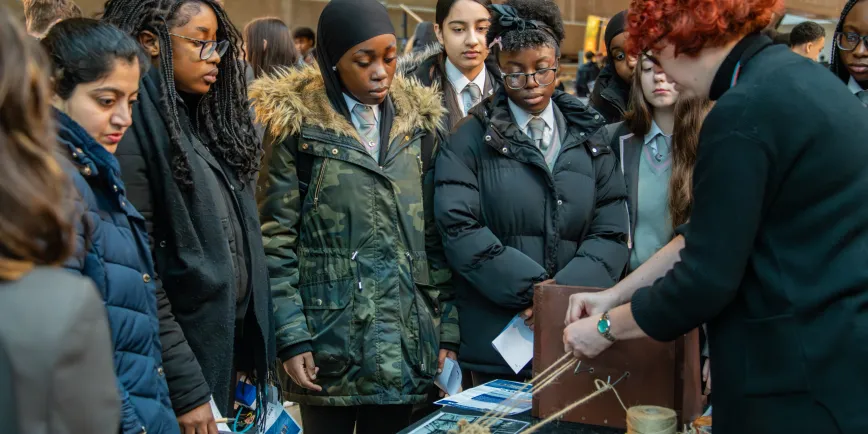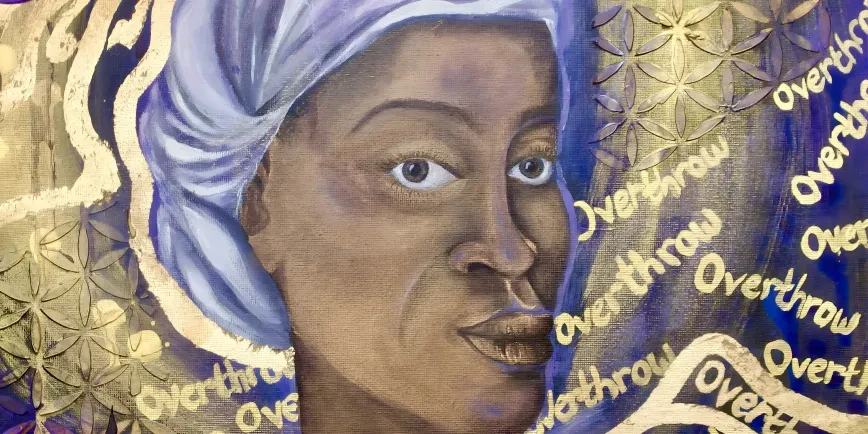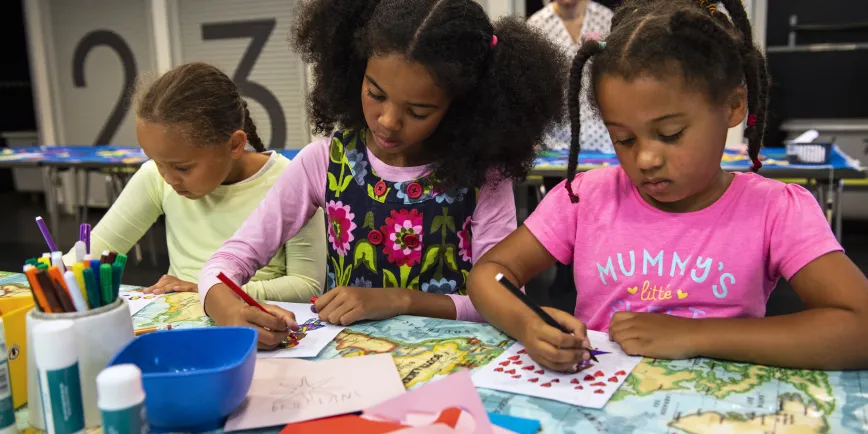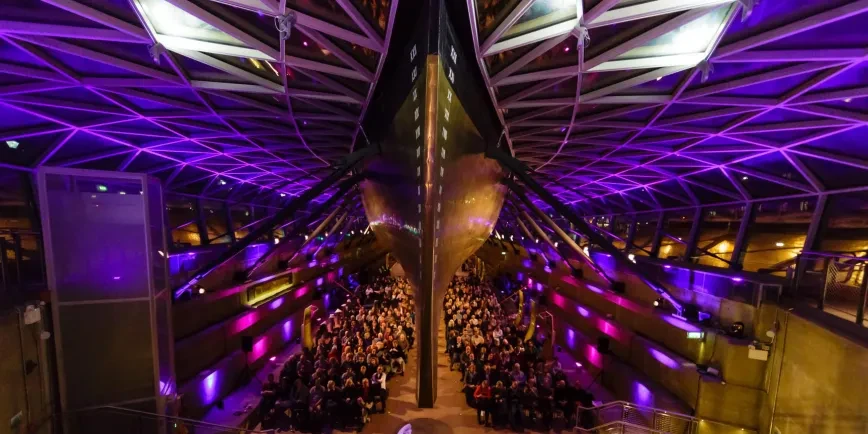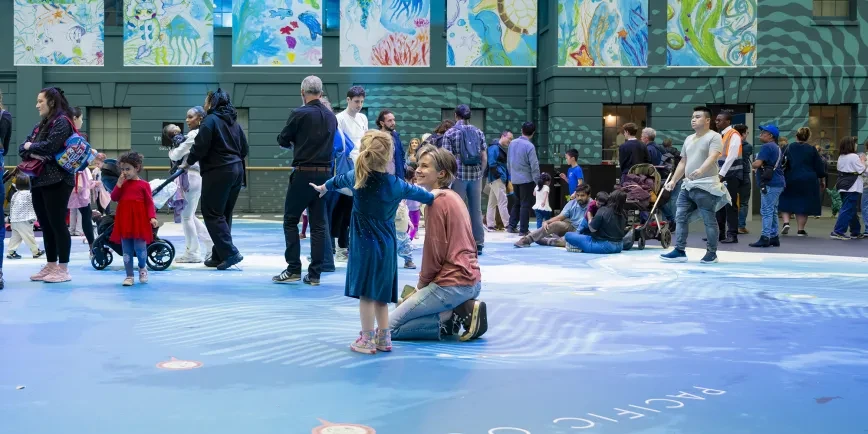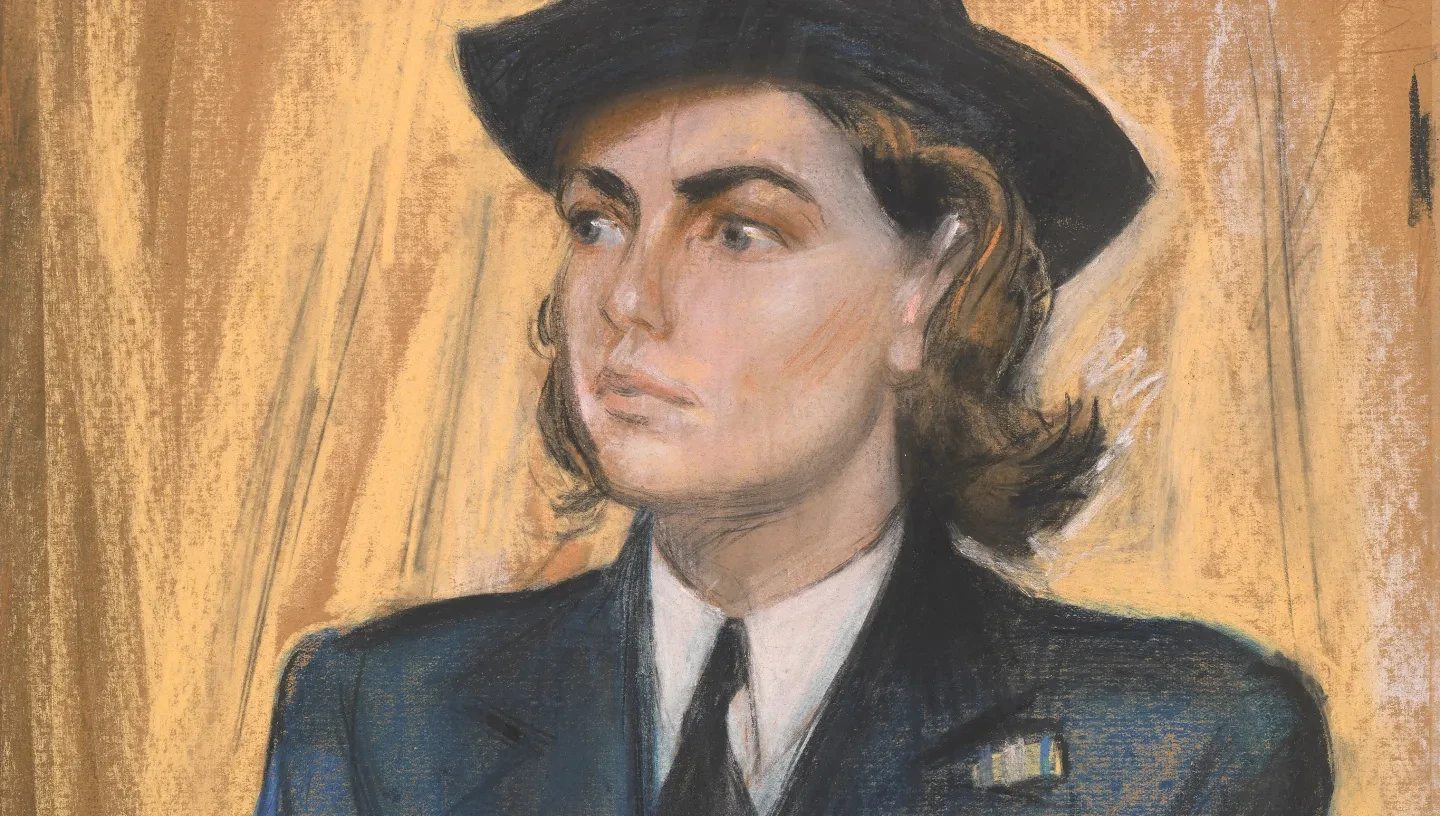
Essential information
| Type | Talks and tours |
|---|---|
| Location | |
| Date and times | Wednesday 29 May | 1pm-1:30pm |
| Prices | Free |
In Search of an Unknown Wren: War Art and Women’s History
A rapidly sketched pastel portrait of an officer in the Women’s Royal Naval Service (Wrens) now hangs in the Queen’s House. It is full of character and bears the signature of the Chelsea-based artist, Joseph McCulloch, together with the date, 1945. However, the identity of the woman depicted is unknown.
Acquired in late 2022, the portrait was an important addition to the Museum’s collection. Prior to this picture, Royal Museums Greenwich did not own a single portrait of a woman in a naval role. The omission reflects both past collecting priorities at the Museum and also the underrepresentation of women in war art more generally.
The portrait invites us to think about experiences of women who served in the Wrens and how the service was publicly perceived. It also offers an opportunity to explore the life of an individual – if only we knew the name of the woman depicted.
From archival records and provenance research to public appeals and possible names, curator Katherine Gazzard will discuss our efforts to identify the portrait’s unknown subject. The results of this research provide fascinating insights into women’s histories and the creation of war art.
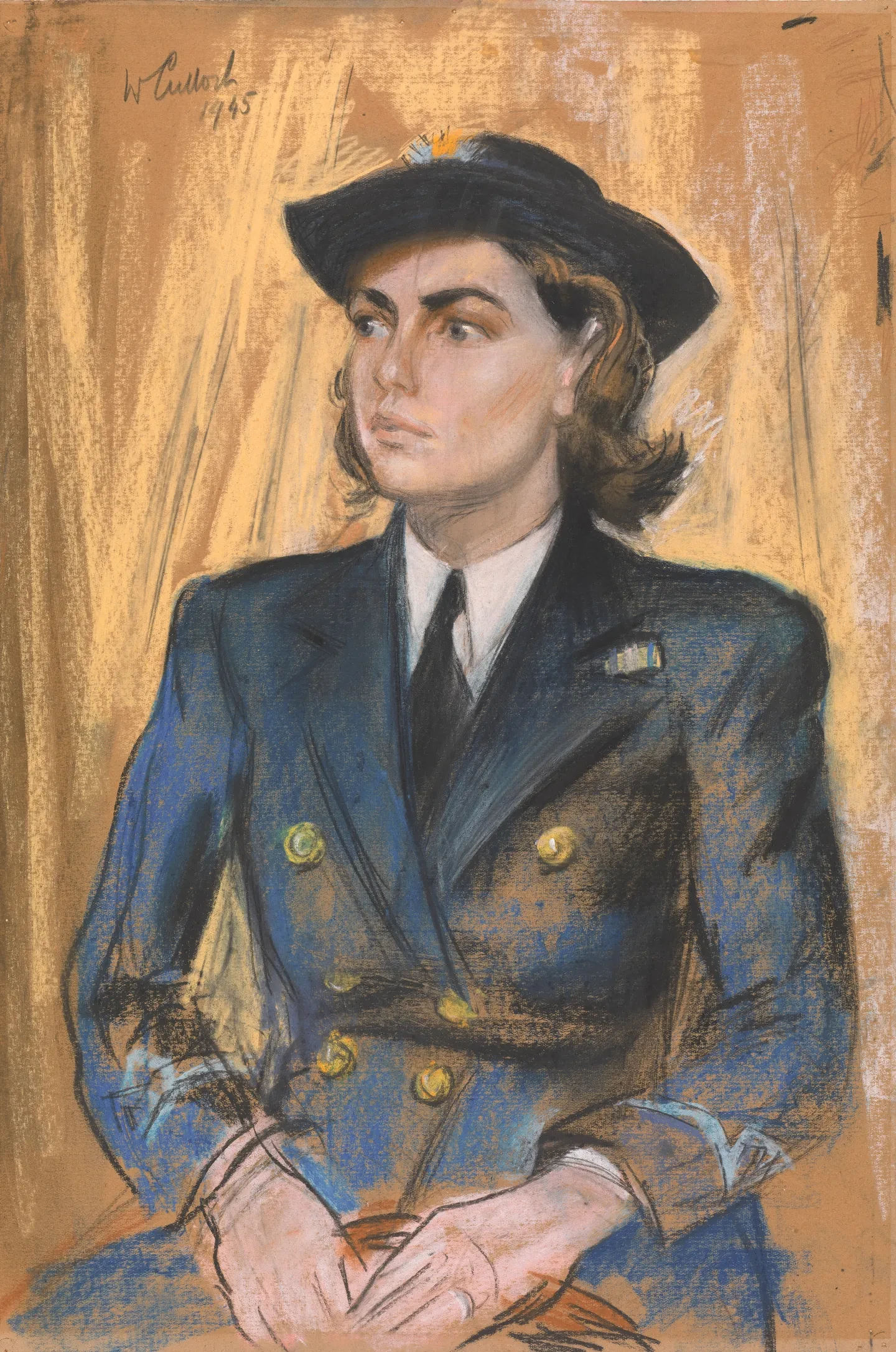
About the speaker
Katherine Gazzard is Curator of Art (Post-1800) at Royal Museums Greenwich. Through her research and curatorial work, she explores the interconnections between British art and the maritime world. She has previously taught art history and museum and gallery studies at the University of East Anglia, where she obtained her PhD in 2019. She is the author of The Art of Naval Portraiture, published in March 2024.
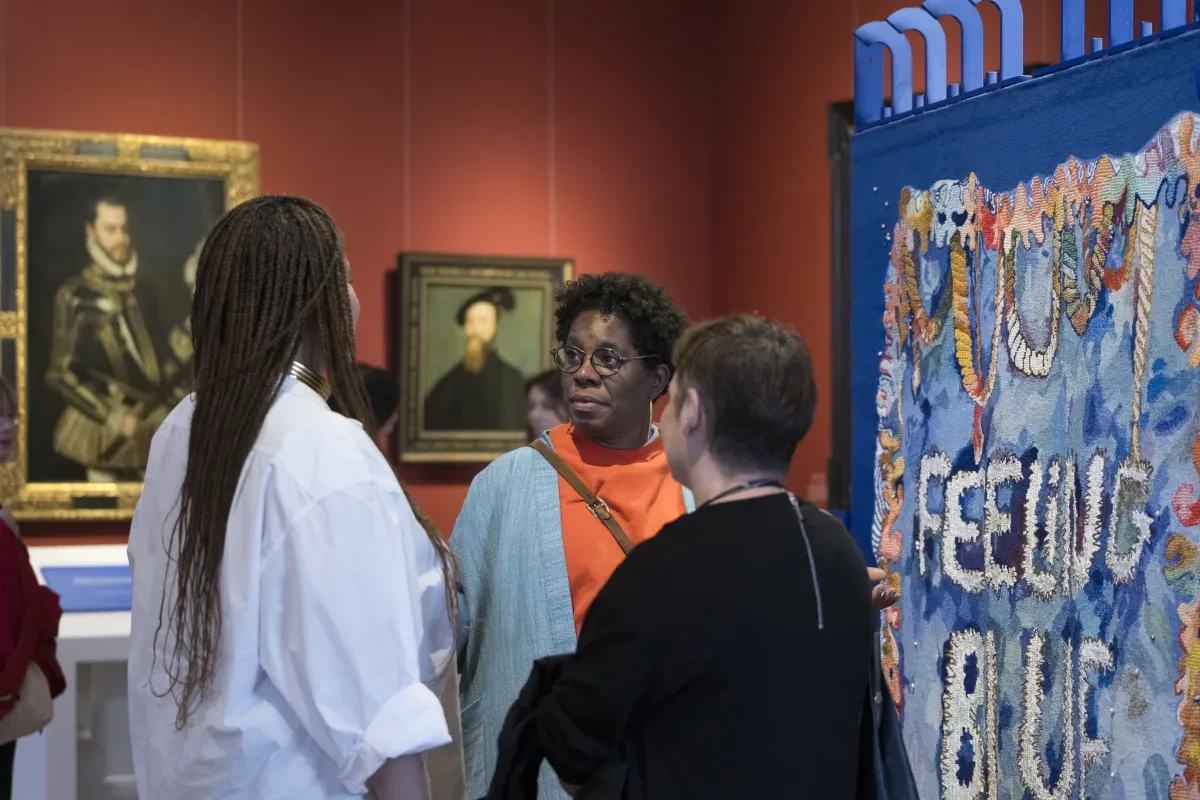
Salons in the Queen's House
This event is part of our Salons series, a programme of talks inspired by the history of the Queen's House and its collections.
The term ‘salon’ was used historically to describe social gatherings in the domestic sphere. Participation was open to a range of individuals, and women often acted as hosts. Salons were alternative spaces for learning, debate and the exchange of ideas. We continue to explore this tradition at the Queen’s House.
Speakers at our Salons include artists, researchers, curators and creative practitioners. Their talks bring to light new insights and share different perspectives.
